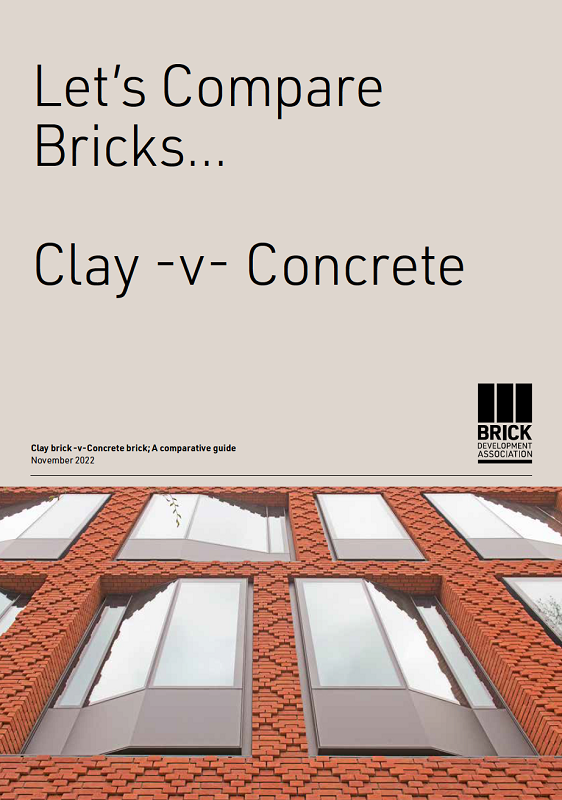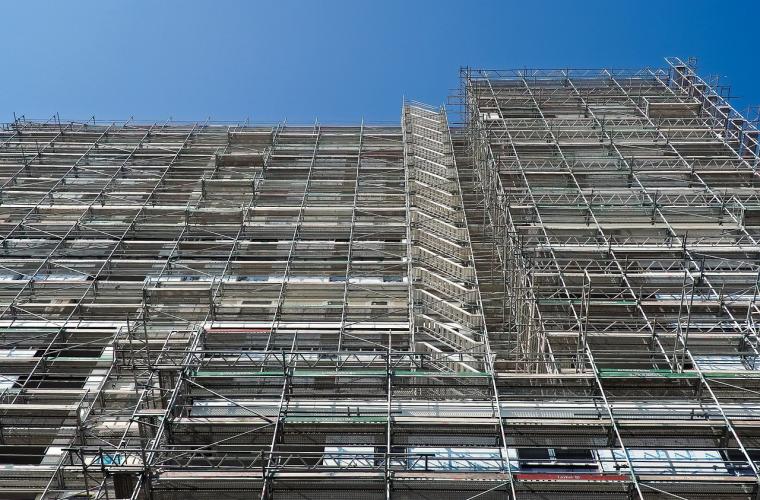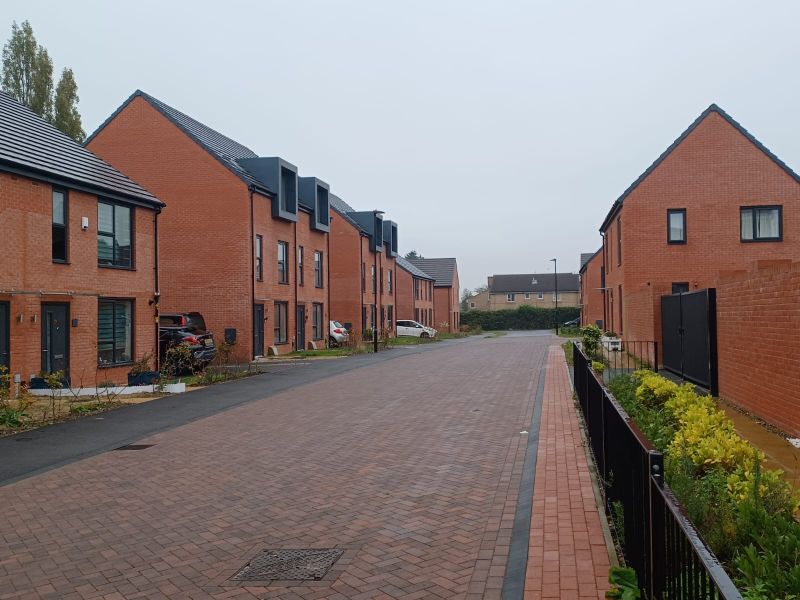The Brick Development Association (BDA) has launched its latest guide about the magnificent qualities of the traditional clay brick.
The BDA’s 'Clay -v- Concrete Brick: A Comparative Guide' is now available by clicking the button below.
Keith Aldis, the chief executive of the BDA, explained that the aim of the guide was to demolish the myth that “a brick is just a brick and that all bricks are just the same”.

He said: “This is absolutely not so. Bricks come in all manner of shapes, sizes, colours and density. The humble clay brick is the most beautiful of materials for external walls on a home, office or industrial building.
“There’s nothing quite like it. But, because of their popularity, beauty and proven performance, we are increasingly seeing a number of imitation products coming onto the market, including vinyl brick-like coverings, plastic cladding boards pre-shaped to look like bricks, and of course the so-called concrete ‘brick’.”
The thrust of the BDA’s guide is to provide further information for those wishing to use a truly sustainable product such as clay bricks, and to explain why concrete bricks, like other imitations, were not the panacea for reducing carbon.
“We want to celebrate best practice in the use of brick in the built environment and to explain how recent investment in production processes in the UK’s clay brick industry has significantly reduced environmental impact and increased the ambition across the sector to embrace future technological development," he continued.
Moreover, clay bricks are lighter than concrete bricks, which means greater efficacy in helping to reduce carbon footprint by saving on fuel and road use, improving construction times and ultimately reducing overall costs. They are also made locally, as part of a long standing and typically British way of life.
At the Brick Awards, it was pointed out to an audience of key architects, suppliers and brickwork contractors, that clay bricks have been around for at least 9,000 years and in the UK, for over 2,000 years, and some of those early bricks are still performing well! Clay bricks have been proven over time to do the job they are made for. They are for all intents and purposes, ever-lasting.
It was made clear also that if you think about the 'whole life' carbon calculation of any construction product, which is the only sensible way to approach carbon numbers, clay brick, with its 150 year design life makes a lot of sense. They are truly sustainable on so many levels.
Clay bricks come in a wonderful variety of colours and textures and they become more beautiful as they age, whilst concrete bricks are known to fade over time, preventing architects and builders creating truly memorable buildings.




















